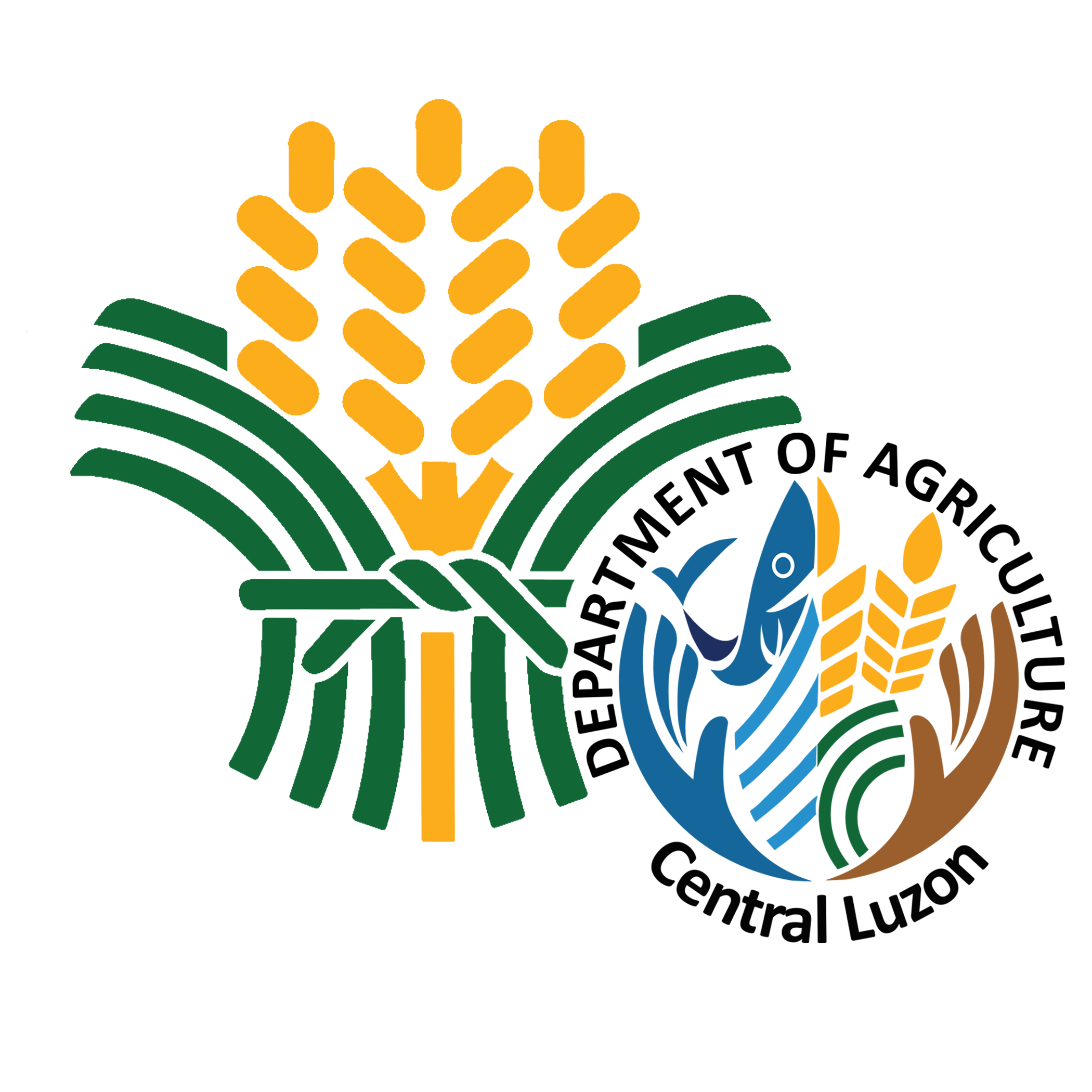RESEARCH OUTREACH STATION FOR LOWLAND DEVELOPMENT (RSLD)
The station has existed since 1933 as an animal breeding station, originally known as the Tarlac Breeding Station, under the administrative control of the Bureau of Animal Industry. The implementation of the Local Government Code of 1991 (RA No. 7160) led to the conversion of the breeding station into a research station, in compliance with Administrative Orders No. 1 and 9 series of 1991, which implemented the rationalization of research stations.
On this basis, the approximately 38 hectares of land occupied by the station were gradually developed into production and research areas. Infrastructure development began with the relocation of the landmarks bounding the station, as well as its adjacent facilities and communities.
The station was renamed the Central Luzon Integrated Agricultural Research Center for Lowland Development (CLIARCLD) by virtue of A.O. 1 series of 1991. It is situated in Barangay Paraiso, Tarlac City, Tarlac Province. It is approximately 25 km north of the Clark Economic Zone in Angeles City and about 5 km south of Tarlac City proper.
Since the Department of Agriculture RFO III is undergoing ISO certification, the station has been renamed DA-RSLD, or Research Outreach Station for Lowland Development.
The functions of the RSLD include: a) Serving as satellite stations of the RIARCs and links between the regional and provincial RDE programs; b) Undertaking downstream applied research; c) Demonstrating new and appropriate technologies; d) Serving as an educational and training facility; and e) Propagating genetic materials.
SECTIONS
- Research for Development Services Unit
- Research for Development on Crops Unit
- Research for Development on Livestock Unit
- Station Maintenance and Development with Extension and Support Services Unit
LIST OF SERVICES
a.) Propagation and distribution of quality planting materials such as rice, legumes, vegetable seeds, vegetable seedlings, sweet potato planting materials, banana planting materials, cassava planting materials, grafted fruit-bearing plants, and forage planting materials.
b.) Provision of starter materials and demonstrations for organic farming, including organic biofertilizers, organic liquid supplements, soil conditioners, and high-quality seeds/seedlings.
c.) Provision of training for mushroom production and processing, as well as starter materials for mushroom production, such as mushroom fruiting bags and spawn cultures/pure cultures.
d.) Provision of training and seminars on crop and livestock production technologies.
e.) Support for Banner Programs, including warehousing and distribution of machinery, equipment, seeds, and other agricultural inputs and tools.
f.) Agricultural community development using technologies derived from research.
g.) Provision of venues and accommodation for meetings, conferences, and events.
h.) Upcoming services related to Technology Business Incubation for agricultural entrepreneurs.
KEY PROJECTS AND INITIATIVES
The station is implementing R4DE studies on technologies and practices to address current challenges, including but not limited to cost-saving technologies for crop and livestock production.
With the changing climate, climate-smart projects such as diversified farming, organic agriculture, community development upscaling projects, and improved agricultural practices for livestock production are being demonstrated and conducted on-farm to sustain and enhance the productivity of farmer beneficiaries. Studies on locally based livestock feeds are being undertaken to provide economic advantages and support environmental sustainability.
Collaborative projects on precision agriculture, such as drone seeding and drone herbicide application, are also conducted in partnership with other institutions to further demonstrate new and adaptive technologies that can reduce manual labor and accelerate agricultural activities.
The production of more resistant, adaptive, and tolerant planting materials through research and development, such as tissue culturing and other propagation techniques, is being pursued to produce high-quality planting materials.
The Technology Business Incubation Project is one of the key initiatives designed to assist Farmer Cooperatives and Associations (FCAs) and other interested agripreneurs in establishing sustainable, technology-based agri-enterprises. Meanwhile, the Intellectual Property and Technology Business Management Project aims to ensure the successful transfer and commercialization of technology and that intellectual property rights are given due importance.
CONTACT INFORMATION:
research.rostarlac@rfo3.da.gov.ph

